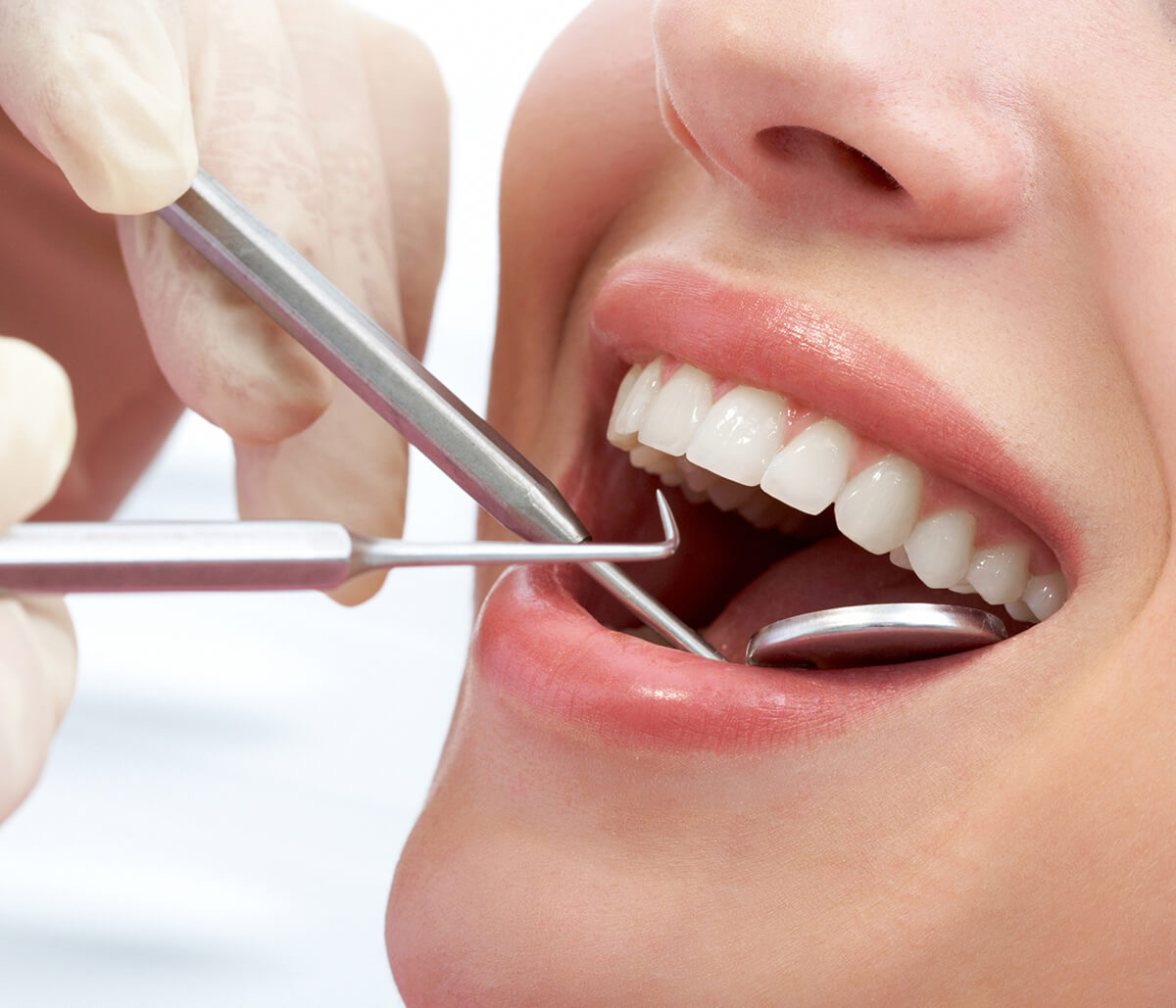Moonee Ponds patients ask: How do I practice good dental hygiene?
We advise all Smile in Style patients to visit our Sunbury or Moonee Ponds rooms twice a year for their preventative care visit. However, a lot can happen in six months. Good daily habits between visits are just as important as in-office treatment. Never underestimate the importance of your home care dental hygiene habits.

How often should I brush and floss?
Ideally, you should brush your teeth twice a day: after breakfast and dinner. However, it is a mistake to brush immediately after eating. Acidic foods and beverages soften tooth enamel. Unless your meal was particularly low acid, brushing too soon could damage your teeth. Instead, rinse your mouth with water, which removes the acid from your teeth. Then wait about 30 to 60 minutes before brushing.
Floss at least once a day. While it might be tempting to skip this step, doing so is an invitation for gum disease and tooth decay to happen. Why? A brush can only access about two-thirds of the total tooth surface.
Which toothbrush should I use?
There are a few things to consider when choosing a toothbrush.
- Type – The first question is standard or electric toothbrush. Either type of toothbrush will work, providing you are careful to thoroughly clean every surface of your teeth. However, for the young or for people with muscle and joint problems such as arthritis, it can be difficult to grasp a toothbrush, and perform precise movements. In this case, an electric toothbrush can be a great benefit.
- Bristles – Many people mistakenly believe that a stiff brush will clean teeth better. However, while plaque is quite sticky, it is also soft. If it is not removed promptly, it will harden and become tartar (calculus), which is so hard you will not be able to remove it with a toothbrush no matter how stiff the bristles are. Therefore, there is little benefit to stiff bristles. They can damage your gums and possibly even your tooth enamel.
- Size and shape – The handle should be comfortable to hold, and the head should be small enough that you can easily reach all of the surfaces of yourl teeth. This is especially important when choosing a toothbrush for a child.
What else can I do to keep my teeth clean?
When you brush, be thorough. Clean all the way to the gumline. Be sure to clean the entire tooth, including the chewing surface. Beyond brushing and flossing, there are a few other beneficial habits:
- Water – Hydration is good for your body, and water naturally rinses particles from teeth. It is a much better choice than juice, soda or sports drinks, all of which have high sugar and acid content.
- Gum – Chewing gum can help remove some food particles, and it stimulates saliva flow. However, the sugary variety can do more harm than good. Choose a sugar-free gum, preferably one with xylitol. Studies have shown that xylitol actually reduces the risk of decay.
- Snacks – We all eat between meals, at least occasionally. Choose your snack-food wisely. Avoid acidic or sugary foods, especially sticky ones that cling to teeth. The best choice is crunchy vegetables, such as carrot or celery sticks which can scrape some particles from your teeth as you chew.
Do you have questions about dental health and hygiene?
We are happy to answer your questions, provide advice, and help you develop a healthy routine based on your unique needs. In fact, patient education is one of the most important parts of your bi-annual preventative care check. Call us at 03 8400 4104 (Moonee Ponds) or 03 8001 6021 (Sunbury) to schedule an appointment or book online at www.smileinstyle.com.au.

